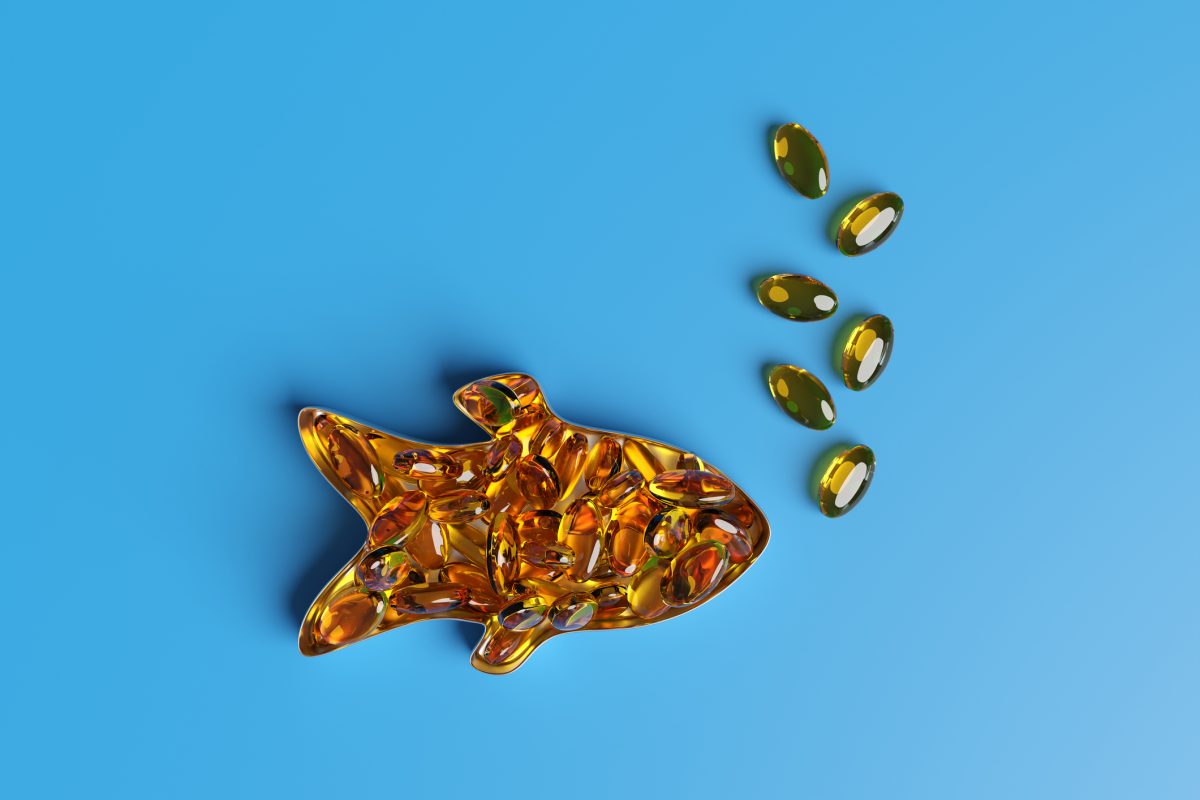Omega-3 fatty acids are “essential.” That means the body doesn’t make them, so it’s vitally necessary to eat foods rich in omega-3s.
Another reason they might be considered essential is that the membranes of all cells and tissues in the human body require them.
Omega-3s have been associated with healthy aging throughout life, helping to promote a healthy-functioning brain and heart. But as important as they are throughout life, during pregnancy omega-3 levels are twice as important to a baby’s development.
That’s why the results of a US nationwide cohort study should have us all concerned…
Pregnant people aren’t getting enough omega-3s
According to Dr. Emily Oken, a Harvard Medical School professor and chair of the Department of Population Medicine at the Harvard Pilgrim Health Care Institute and lead researcher, “Omega-3 fatty acids are essential nutrients for supporting positive health outcomes. Getting enough of these nutrients during pregnancy is vital for preventing preterm birth and promoting optimal child health and neurodevelopment,” she says.
Her study looked at information on fish consumption reported by 10,800 pregnant women and supplement intake information from 12,646 pregnant women who are part of the ECHO cohort.
ECHO stands for Environmental Influences on Child Health Outcomes. It’s a program that will run until May 2030 to gain a better understanding of the effects of a broad range of early environmental influences on child health and development.
The results showed that nearly 25 percent of participants reported not eating fish or eating it less than once per month — and only 16 percent took supplements.
Even more disturbing was the finding that supplement use was less common among those who used tobacco, or had a higher BMI, factors putting them at greater risk for adverse pregnancy outcomes.
Don’t overlook omega-3s
Some expectant mothers avoid fish over mercury concerns. But that may be unfounded…
“Current evidence shows that the benefits of maternal consumption of low-mercury fish, or in its place, omega-3 supplements, outweigh any potential risks,” says Dr. Oken.
But this is important: even if you’re not pregnant, of child-bearing age or male, don’t overlook your omega-3s. For starters,mega-3 fatty acids are the “unsung hero” of heart health and brain as we age — making the nutrients imperative for healthy aging.
A 2022 analysis published in the Journal of the American Heart Association (JAHA) found consuming 3 grams of EPA and DHA each day, from food or supplements, may be the best dose to help lower blood pressure.
That equates to about 4 to 5 ounces of Atlantic salmon. Fish oil supplement doses can vary, but when supplementing it’s wise to follow the manufacturer’s recommendations.
Another analysis, published in 2023 in JAHA, found taking more than 2 grams per day of DHA and EPA in supplement form could help lower triglycerides and non-HDL cholesterol, but not LDL cholesterol.
DHA is the main fatty acid that goes into brain cells and is essential to the proper functioning of the eyes and nervous system as well as the brain. Low levels have been associated with depression, chronic pain, dementia and Alzheimer’s disease.
But the American Heart Association reports that intake of omega-3s by US adults is “abysmally low,” and U.S. health agencies don’t offer guidance for how much omega-s to take other than ALA, and that’s mostly directed to pregnant and breastfeeding moms.
How to improve your omega-3 status
To get enough omega-3s to give your heart health a boost, you should eat fish at least three times per week and/or take a fish oil supplement.
If mercury concerns weigh heavy, despite what Dr. Oken says, consider krill oil supplements. Krill are small and low on the ocean food chain, making them less likely to contain contaminants.
Some plant foods, like flaxseeds, walnuts, wheat germ and kidney beans can provide ALA, but not DHA and EPA. ALA can be converted in the body to low amounts of DHA and EPA, but the conversion process is quite limited.
Another choice may be omega-3-fortified versions of eggs, bread, fruit juices and milk.
Sources:
Study results show 25% of pregnant people are not getting enough omega-3 fatty acids from their diet or dietary supplements — Science Daily
Demographic and health characteristics associated with fish and n-3 fatty acid supplement intake during pregnancy: results from pregnancy cohorts in the ECHO programme — Public Health Nutrition
Read full article here




